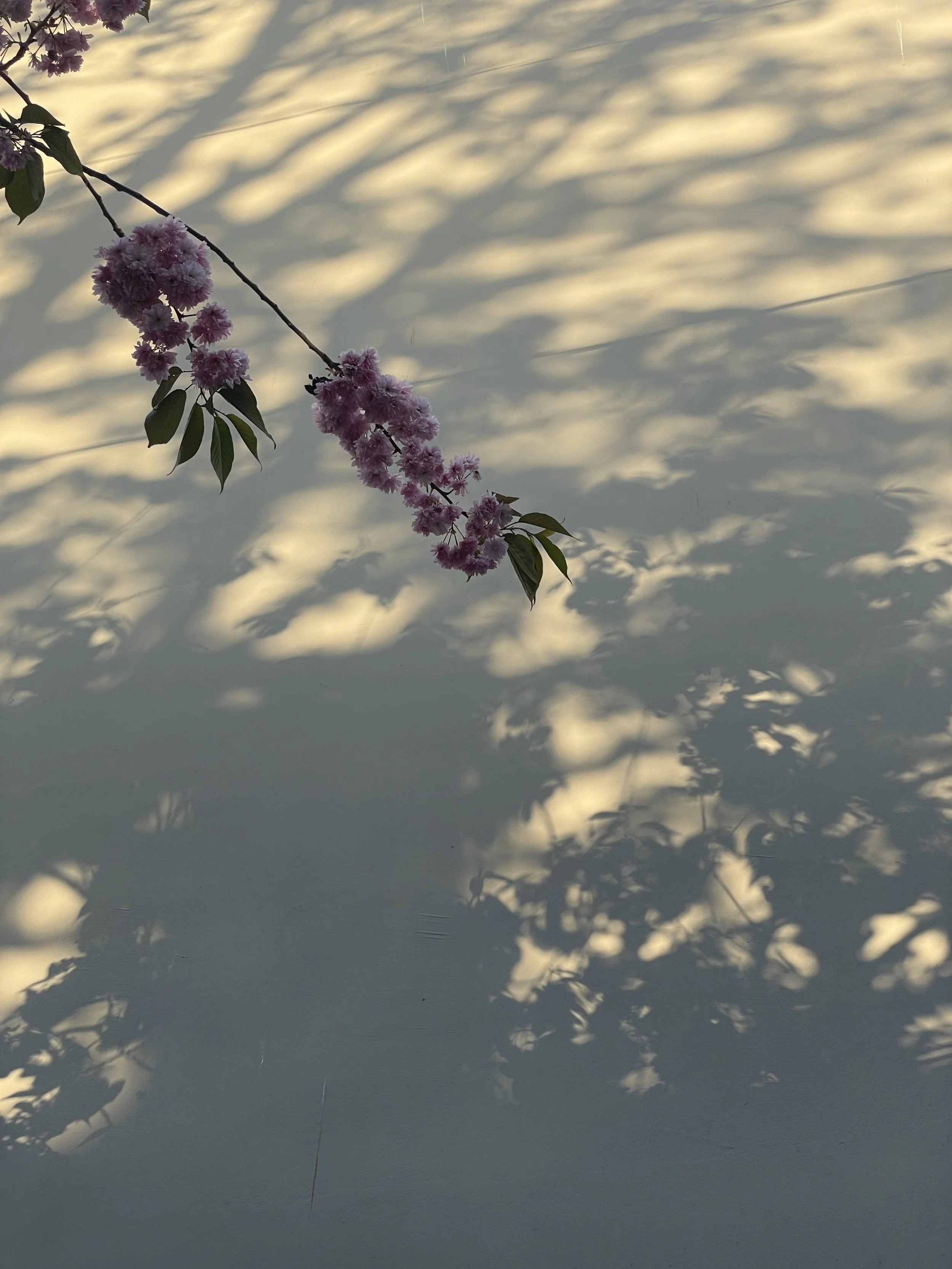The Summer Fridays Experiment
by Zahra Asghari
We’re doing it. For the months of July and August, Human Studio is closing its doors on Fridays.
At first glance, it is almost a no-brainer to take advantage of the precious few sunny weekends we get here in Vancouver - who would ever want to spend their Fridays in a frigid air-conditioned office when they could be galavanting in the mountains, lounging by the beach, or tending their (bee) gardens. But there is more to it than our deep-seated desire for the outdoors.
It’s about balance. Happiness. It’s about mental health and burnout avoidance.
For us, summer Fridays are not about reducing our capacity but rather reprioritizing our focus during the summer months. And we do this all year round - sometimes we focus on capacity building with lunch and learns and continuing education, and other times we’re all about culture building, with beer Fridays, social lunches, and games. During the summer, we have collectively decided that we would like our focus to be rebalancing our lives while the sun is shining.
There have been numerous studies conducted on the effects and outcomes of 4-day work weeks. One of the leading organizations in this research, 4 Day Week Global, has looked at the experiences of 61 companies that piloted shorter work weeks from June to December 2022. 71% of respondents reported lower levels of burnout, and 40% felt like their mental health had improved. Even taken with a grain of salt (as a study conducted by a group that wants to promote 4-day weeks should be), the results point to a trend of lifestyle improvement. And do we really need studies to tell us that if we work fewer days a week, we will feel less tired and stressed?
The real question is, how can we go to a four-day week without sacrificing our output and continue to deliver projects on schedule?
And that is a question we started working on back in September (yes, this has been in the oven for a while). We realized this experiment hinged on a deep and holistic understanding of our projects. So, we have been developing the systems needed to give ourselves better insight. This work began with charting the Standards of Practice (SOPs) of each stage of a project so that project teams can understand what is coming next at any given stage of work. We then equipped everyone in the office with the tools to track their progress to make sure we are staying on target with a clear path forward. Two months ago, we began testing our systems. We had office-wide meetings to discuss expectations, goals, and strategies. We set up our tools, tested them, refined them, and then tested them again. And again. It has been an eye-opening process, and here are a few things we have learned along the way so far:
It starts with a commitment. To make a reduced week work, everyone needs to be on board, and everyone needs to commit to having their eyes on the prize. This means that all non-critical admin tasks are put on hold. So, no beer Fridays (*sigh* it’s okay - worth it), tech sessions, or lunch and learns.
Weekly project planning meetings help lay out the week ahead. And daily check-ins can be used to ensure no one is spinning their wheels. Tasks to be done within the week are solidified, and their progress is tracked at the end of the week before everyone leaves for sunnier pastures.
Weekly updates to our project tracking systems give us up-to-date information on project statuses. It's important for everyone to know if we are ahead, on, or behind schedule.
Communication is key (isn’t it always?). Team members need to feel safe and comfortable enough to voice if they have too much on their plate or if a particular task is taking longer than expected. This way, they can get support from others, and expectations can be re-evaluated.
And the pièce de résistance: Doing all this without creating a high-stress environment where we feel under pressure to complete tasks within a compressed timeframe (that would defeat the whole purpose)
The funny thing is, none of these points are exactly revolutionary, and all of them are good practices to have all year. And some of you might say you do all that already (lucky you!).
But sometimes, the status quo needs to be questioned. Are we creating the world we want to live in? Are we doing our best work under the current conditions? It's always good to have an introspective look at the path we are on and, when needed, course correct.
Ultimately, this is an experiment. One we are all trying our best to make a success so this can become a recurring summer feature, and we can spend our summer Fridays in nature - or in bed. But wherever we are, we will hopefully be resting, recharging, and soaking in that sweet, sweet downtime.
So tune in at the end of summer, and we will let you know how it went!
p.s. This might have all been a clever ploy to let you know why your Friday emails are being responded to on Monday morning (And if it’s an emergency, of course, we are happy to slow down the pottery wheel to answer your calls)

